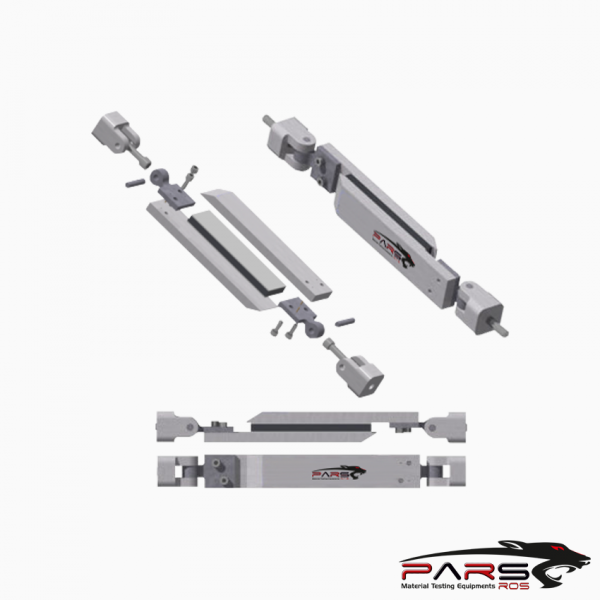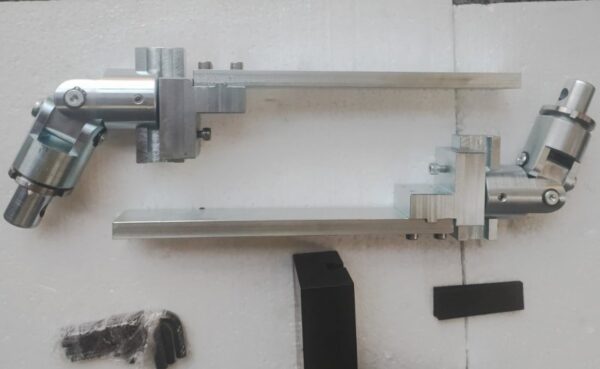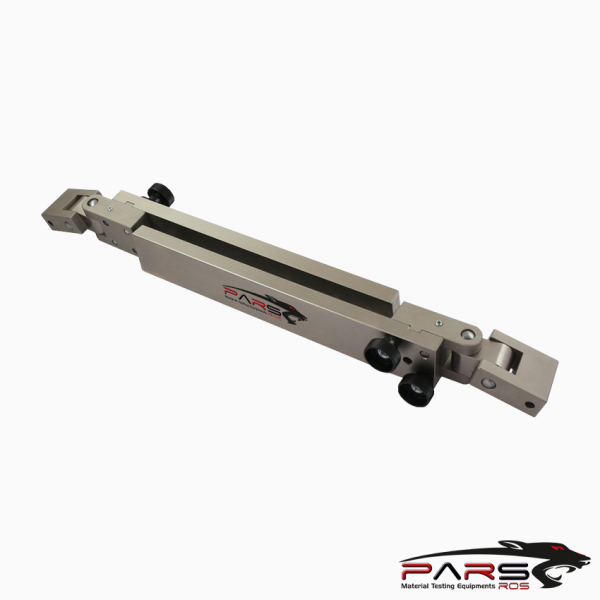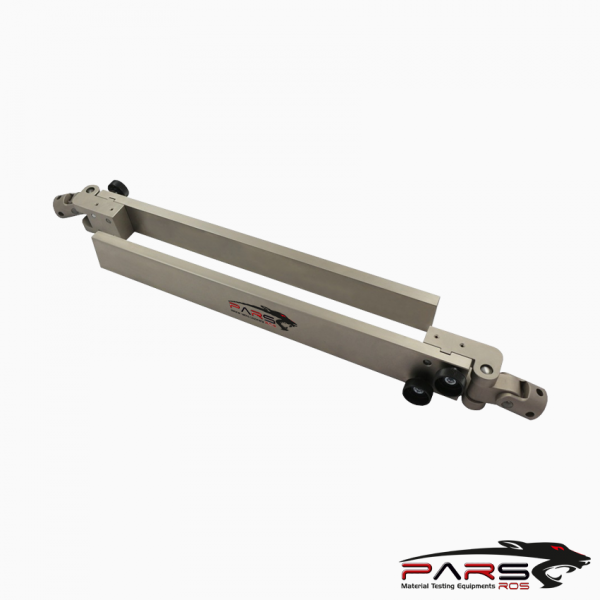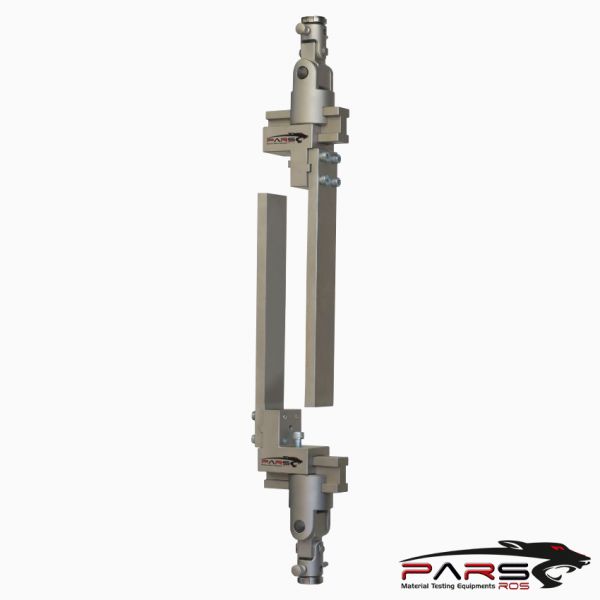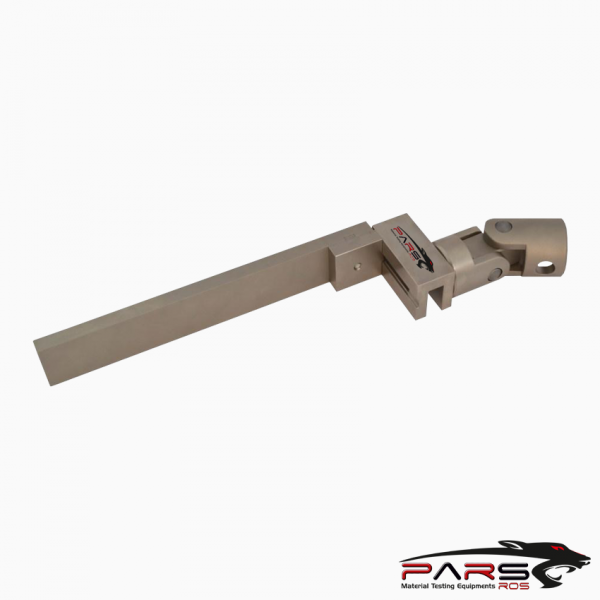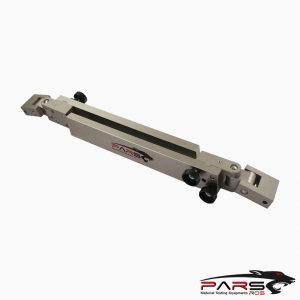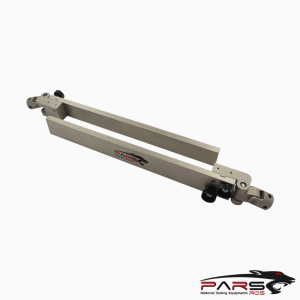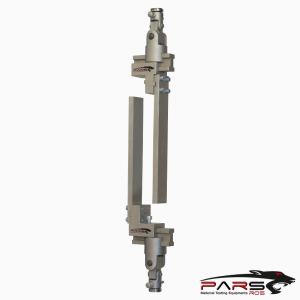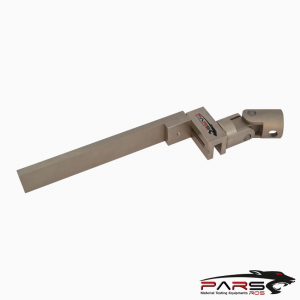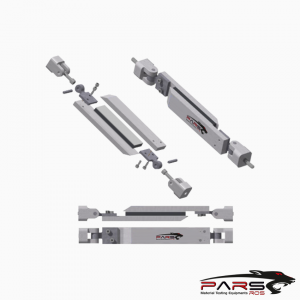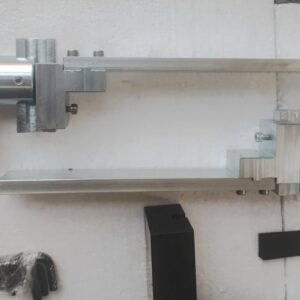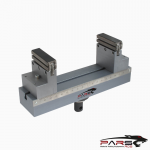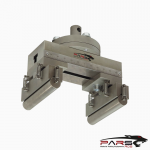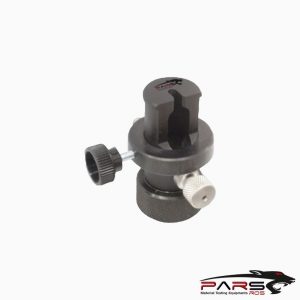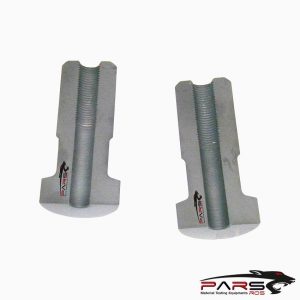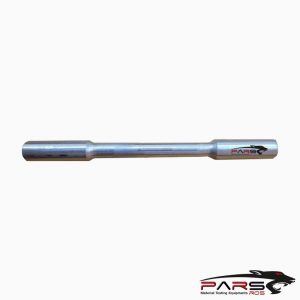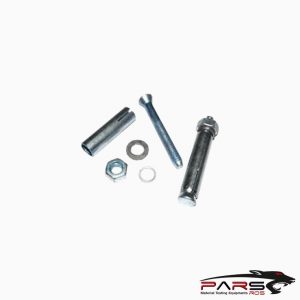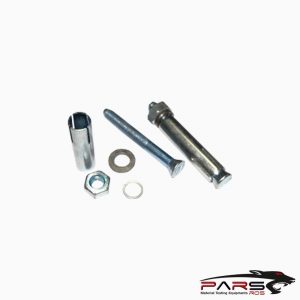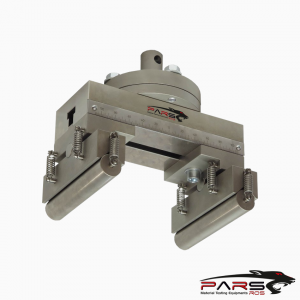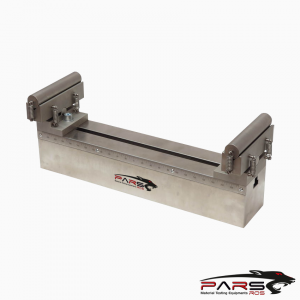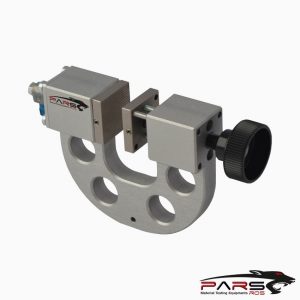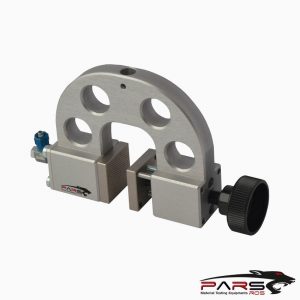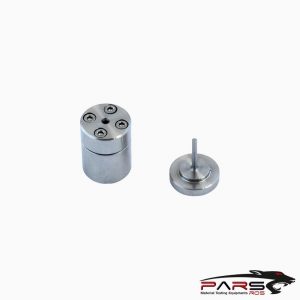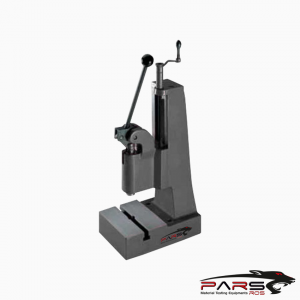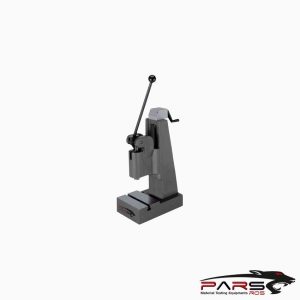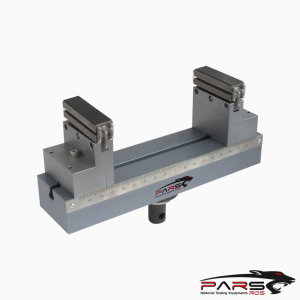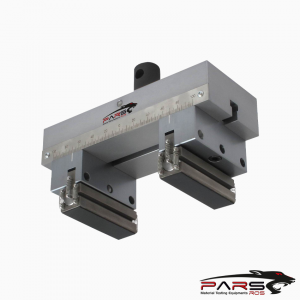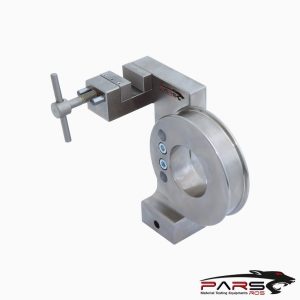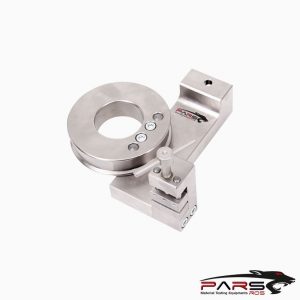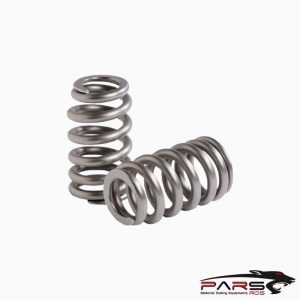ASTM C273 – Standard Test Method for Shear Properties of Sandwich Core Materials
ASTM C273 – This test method covers the determination of shear properties of sandwich construction core materials associated with shear distortion of
planes parallel to the facings.
Please Contact With Us For More Information
- Description
- TECHNICAL SPECIFICATIONS
Description
Description
ASTM C273 – Standard Test Method for Shear Properties of Sandwich Core Materials
Standard Test Method for Shear Properties of Sandwich Core Materials
ASTM C273 – This test method covers the determination of shear properties of sandwich construction core materials associated with shear distortion of
planes parallel to the facings.
It covers the determination of shear strength parallel to the plane of the sandwich, and the shear modulus associated with strains in a plane normal to the facings.
The test may be conducted on core materials bonded directly to the loading plates or the sandwich facings bonded to the plates.
ASTM C273 is used to determine the shear properties of construction materials that have a sandwich core.
An example of a sandwich panel, (two sandwich facings and one core), would be rigid foam insulation that is sandwiched in between two pieces of plywood.
The test is a compression based load deflection test but can also be used in the tensile mode if the sandwich facings are glued to the support plates of the fixture.
The two ends of the shear fixture push or pull parallel to the sandwich facings to create shear stress.
The goal of the test is to cause a 100% shear failure of the sandwich core.
Any adhesive failures that are seen between the sandwich panels and core, or the sandwich panels and loading plates, should be discarded and not included
in the final data analysis.
ASTM C273 – Significance and Use
The core shear properties are fundamental properties that are used in the design of sandwich panels.
This test method provides information on the load-deflection behavior of sandwich constructions or cores when loaded in shear parallel to the plane of the facings.
From a complete load-deflection curve, it is possible to compute core shear stress at any load (such as the shear stress at proportional limit, at yield, or
at maximum load) and to compute an effective core shear modulus.
The test does not produce pure shear, but the specimen length is prescribed so that secondary stresses have a minimum effect.
Approximate shear properties can also be obtained from a sandwich flexure test (see Test Method C 393).
This test method provides a standard method of obtaining sandwich core shear data for quality control, acceptance specification testing, sandwich design, and
research and development.
ASTM C273 – Geometry
The thickness of the sandwich specimen being tested can vary and is based on the thickness of the sandwich that is to be used in the field.
The width of the sample should be over two inches and the length should be over 24 inches in a 12:1 ratio unless otherwise agreed upon.
The direction of the loading force should be such that the loading plane intersects two diagonally opposite corners of the specimen.
ASTM C273 – Solution
The ASTM C273 shear fixture is designed specifically for testing shear in both tension and compression.
The fixture has a swivel joint which allows the apparatus to self-align during the test.
The sandwich panels can be bonded directly to the fixture, or there is a small step that juts out and can support the sample when performing the test in compression.
A contact strain gauge is sometimes used for this test, however that is not very common.
ASTM C273 – Analysis
Shear Stress is calculated using a formula supplied in the official ASTM publication.
The shear modulus can also be calculated in a similar fashion and is a function of the load, slope of the deflection curve, displacement of the loading plates, and
the thickness of the core.
The max load is also a commonly recorded and simple test result.
Referenced Documents
ASTM Standards
ASTM C271/C271M Test Method for Density of Sandwich Core Materials
ASTM C393 Test Method for Core Shear Properties of Sandwich Constructions by Beam Flexure
ASTM D792 Test Methods for Density and Specific Gravity (Relative Density) of Plastics by Displacement
ASTM D883 Terminology Relating to Plastics
ASTM D2584 Test Method for Ignition Loss of Cured Reinforced Resins
ASTM D2734 Test Methods for Void Content of Reinforced Plastics
ASTM D3171 Test Methods for Constituent Content of Composite Materials
ASTM D3878 Terminology for Composite Materials
ASTM D5229/D5229M Test Method for Moisture Absorption Properties and Equilibrium Conditioning of Polymer Matrix Composite Materials
ASTM D5687/D5687M Guide for Preparation of Flat Composite Panels with Processing Guidelines for Specimen Preparation
ASTM D5961/D5961M Test Method for Bearing Response of Polymer Matrix Composite Laminates
ASTM E4 Practices for Force Verification of Testing Machines
ASTM E6 Terminology Relating to Methods of Mechanical Testing
ASTM E122 Practice for Calculating Sample Size to Estimate, With Specified Precision, the Average for a Characteristic of a Lot or Process
ASTM E177 Practice for Use of the Terms Precision and Bias in ASTM Test Methods
ASTM E456 Terminology Relating to Quality and Statistics
***PARSROS offers several types of grips and fixtures which will enable you to perform a variety of tests that are
accurate and repeatable.
TECHNICAL SPECIFICATIONS
Please contact with our engineers so that we can find and offer Best Universal Tensile Test Machines , Grips , Jaws and Other Accessories for your operations


